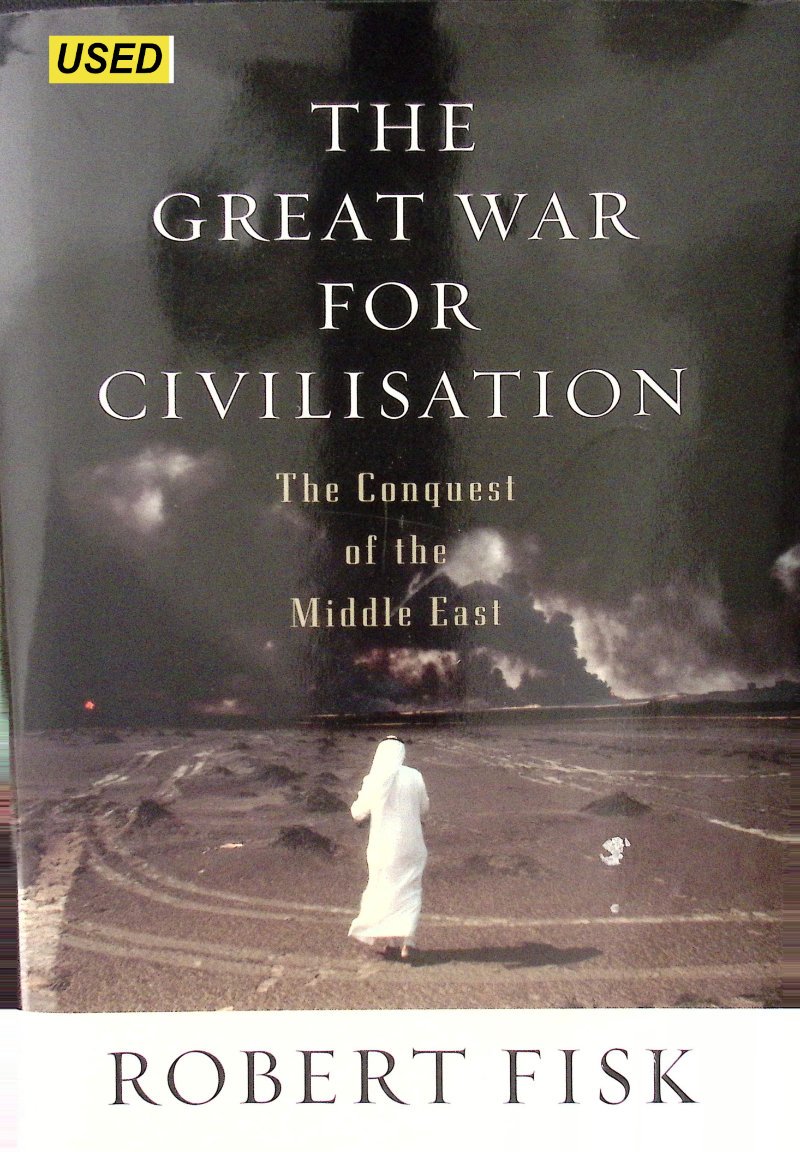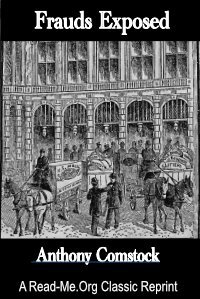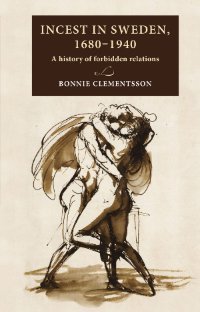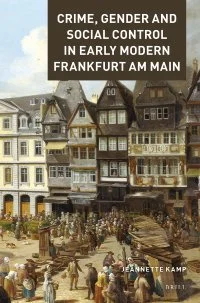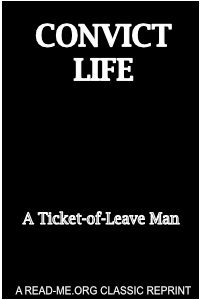Edited by Chris Cunneen, Antje Deckert, Amanda Porter, Juan Tauri and Robert Webb
The Routledge International Handbook on Decolonizing Justice focuses on the growing worldwide movement aimed at decolonizing state policies and practices, and various disciplinary knowledges including criminology, social work and law. The collection of original chapters brings together cutting-edge, politically engaged work from a diverse group of writers who take as a starting point an analysis founded in a decolonizing, decolonial and/or Indigenous standpoint. Centering the perspectives of Black, First Nations and other racialized and minoritized peoples, the book makes an internationally significant contribution to the literature.
The chapters include analyses of specific decolonization policies and interventions instigated by communities to enhance jurisdictional self-determination; theoretical approaches to decolonization; the importance of research and research ethics as a key foundation of the decolonization process; crucial contemporary issues including deaths in custody, state crime, reparations, and transitional justice; and critical analysis of key institutions of control, including police, courts, corrections, child protection systems and other forms of carcerality.
The handbook is divided into five sections which reflect the breadth of the decolonizing literature:
• Why decolonization? From the personal to the global
• State terror and violence
• Abolishing the carceral
• Transforming and decolonizing justice
• Disrupting epistemic violence
This book offers a comprehensive and timely resource for activists, students, academics, and those with an interest in Indigenous studies, decolonial and post-colonial studies, criminal legal institutions and criminology. It provides critical commentary and analyses of the major issues for enhancing social justice internationally.
London; New York: Routledge, 571p.







